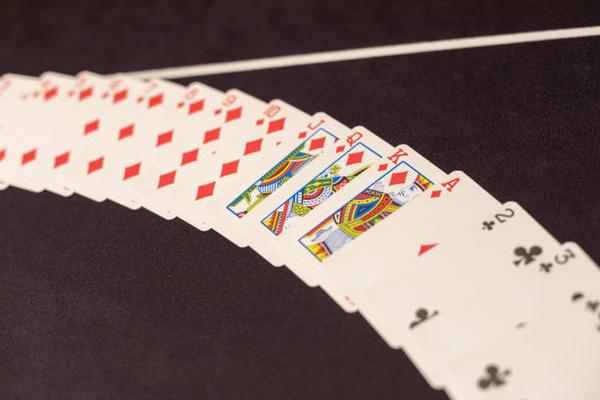
Creating an energy-efficient home is not only beneficial for the environment but also for your wallet. By reducing your energy consumption, you can lower your utility bills and decrease your carbon footprint. However, knowing where to start can be overwhelming. Here are some tips to help you begin the process of creating an energy-efficient home.
One of the first things you can do to make your home more energy-efficient is to conduct an energy audit. This involves assessing how much energy your home consumes and identifying areas where improvements can be made. You can hire a professional to conduct an audit or use online tools to do it yourself.
Once you have identified areas for improvement, one of the easiest ways to increase energy efficiency is by upgrading your appliances. Old appliances tend to consume more electricity than newer models that are designed with energy-saving features. Look for appliances that have Energy Star ratings, which indicate they meet certain standards for efficiency.
Another area where you can make a big impact on your home’s energy efficiency is by improving insulation and sealing any air leaks. Proper insulation helps regulate the temperature in your home, reducing the need for heating and cooling systems to work harder. Sealing source air leaks prevents cold or hot air from escaping, making it easier to maintain a comfortable indoor temperature.
You should also consider installing programmable thermostats in your home. These devices allow you to set specific temperatures for different times of day, ensuring that heating and cooling systems are not running unnecessarily when no one is at home or when everyone is asleep.
In addition to upgrading appliances and improving insulation, consider installing solar panels on your roof. Solar panels harness the sun’s energy and convert it into electricity that can power your home. While there is an upfront cost associated with installing solar panels, they can significantly reduce or even eliminate your electricity bill over time.
Finally, don’t forget about water conservation when thinking about creating an energy-efficient home. Install low-flow fixtures in showers and sinks, fix any leaks promptly, and consider investing in a high-efficiency water heater.
Creating an energy-efficient home may seem like a daunting task at first, but taking small steps towards reducing your household’s energy consumption can have a big impact in the long run. Start by conducting an audit of how much energy you currently use and identify areas where improvements can be made. From there, focus on upgrading appliances, improving insulation, sealing air leaks, installing programmable thermostats,solar panels,and conserving water. By implementing these strategies,you will not only save money on utility bills,but also reduce greenhouse gas emissions associated with traditional forms of electricity generation.It’s never too late -or early-to start making changes towards creating a more sustainable future for yourself,and generations yet unborn!






